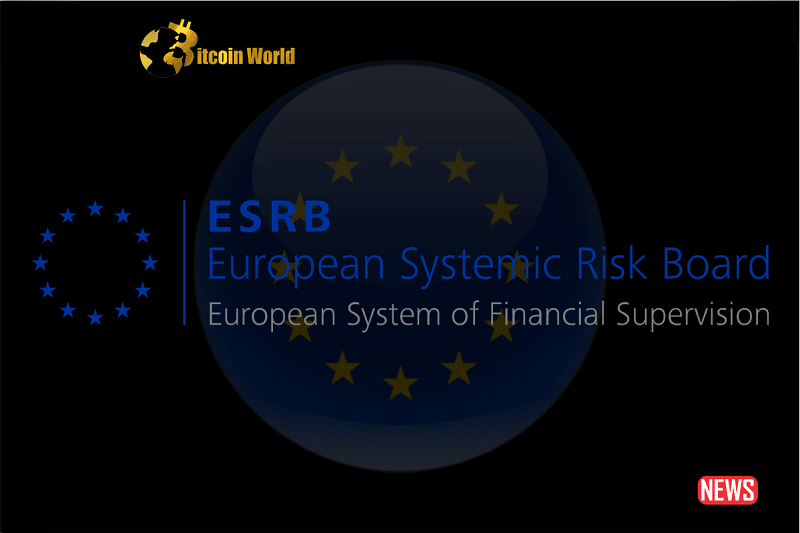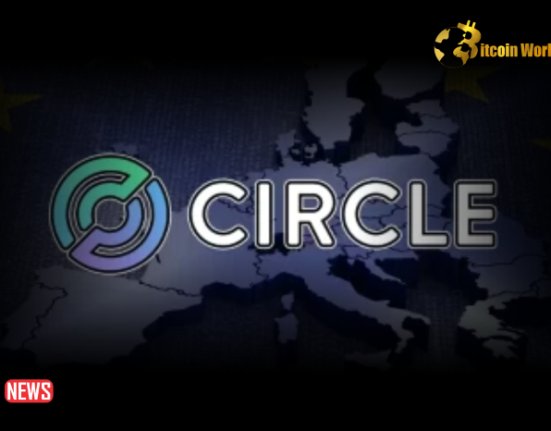The European Systemic Risk Board (ESRB), responsible for overseeing finances and regulation within the European Central Bank, has emphasized increased regulation in the cryptocurrency sector. In a recent report, the ESRB outlined three priorities to strengthen monitoring and mitigating risks associated with digital currencies.
The ESRB’s report highlights the growing importance of decentralized finance (DeFi) and smart contracts, emphasizing the need for enhanced oversight and surveillance in these areas. Despite claims that the digital currency industry has minimal impact on traditional finance systems, the ESRB notes a gradual increase in correlation between the two realms:
“While the crypto-asset sector may not currently pose systemic risks, it is crucial for authorities to comprehend the sector’s developments and their potential implications for financial stability.”
The passage of the Markets in Crypto Assets (MiCA) Act, a comprehensive legal framework governing cryptocurrencies and stablecoins, represents a step towards standardized regulation across Europe. However, MiCA must address DeFi and smart contracts, prompting the ESRB to reiterate the urgency of implementing appropriate laws.
While the need for regulation remains, the issue’s immediacy has diminished recently. Nevertheless, the ESRB’s notice emphasizes the importance of risk mitigation, particularly as the cryptocurrency industry rebounds from the “crypto winter.” The report recommends promoting widespread knowledge of exchanges throughout the European Union and monitoring the market to ensure operational resilience.
Comprehensive oversight and regulatory measures are necessary to safeguard users from potential exchange failures, lending activities, and digital asset staking. The ESRB’s suggested actions include enhancing monitoring capabilities and increasing surveillance capacity, identifying and assessing risks associated with major crypto-asset firms, and closely monitoring market developments to maintain financial stability.
As the cryptocurrency sector evolves, the ESRB’s call for tighter regulation reflects the need to address potential risks and ensure financial stability. Implementing effective oversight and monitoring measures will foster Europe’s more secure and resilient digital currency ecosystem.














